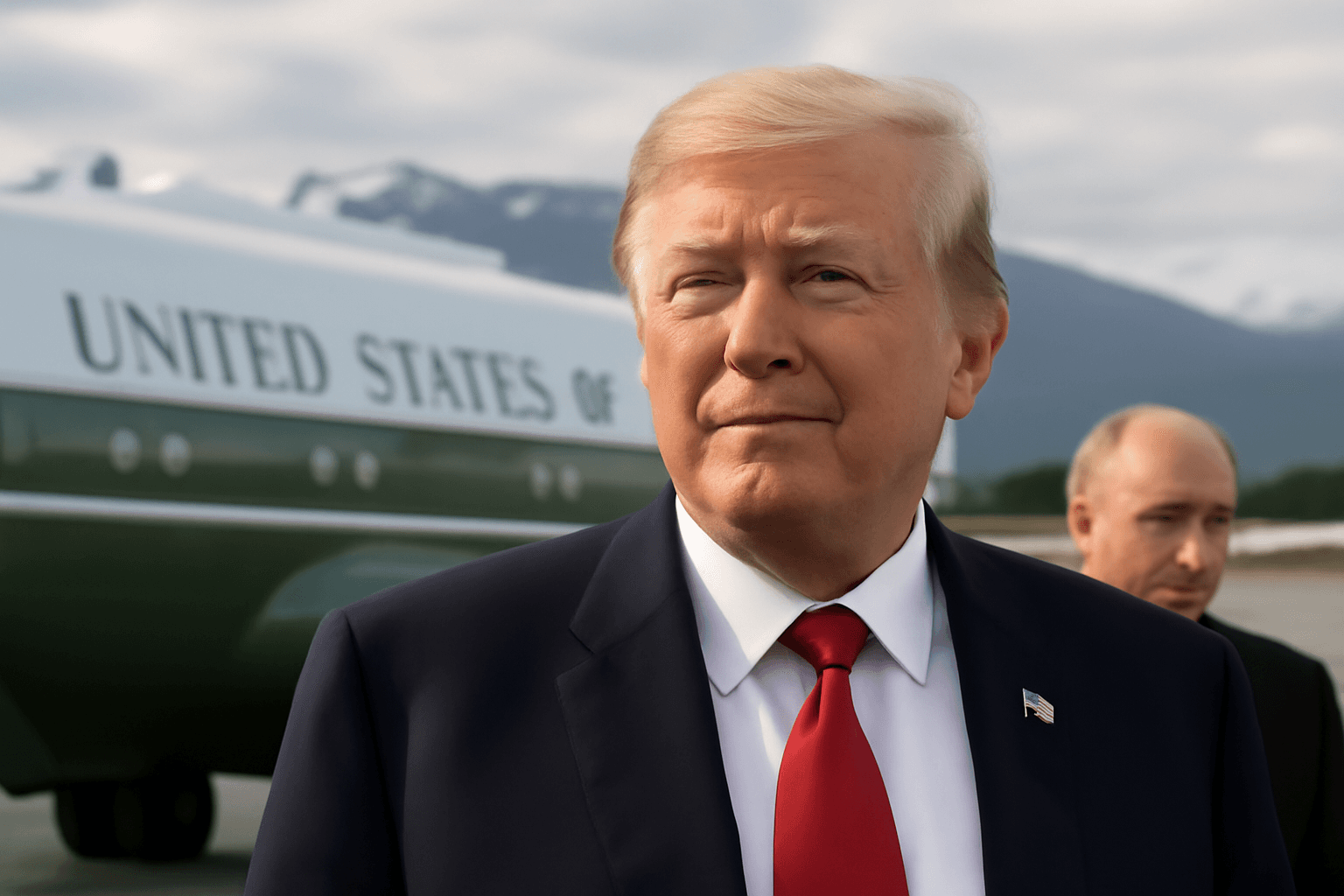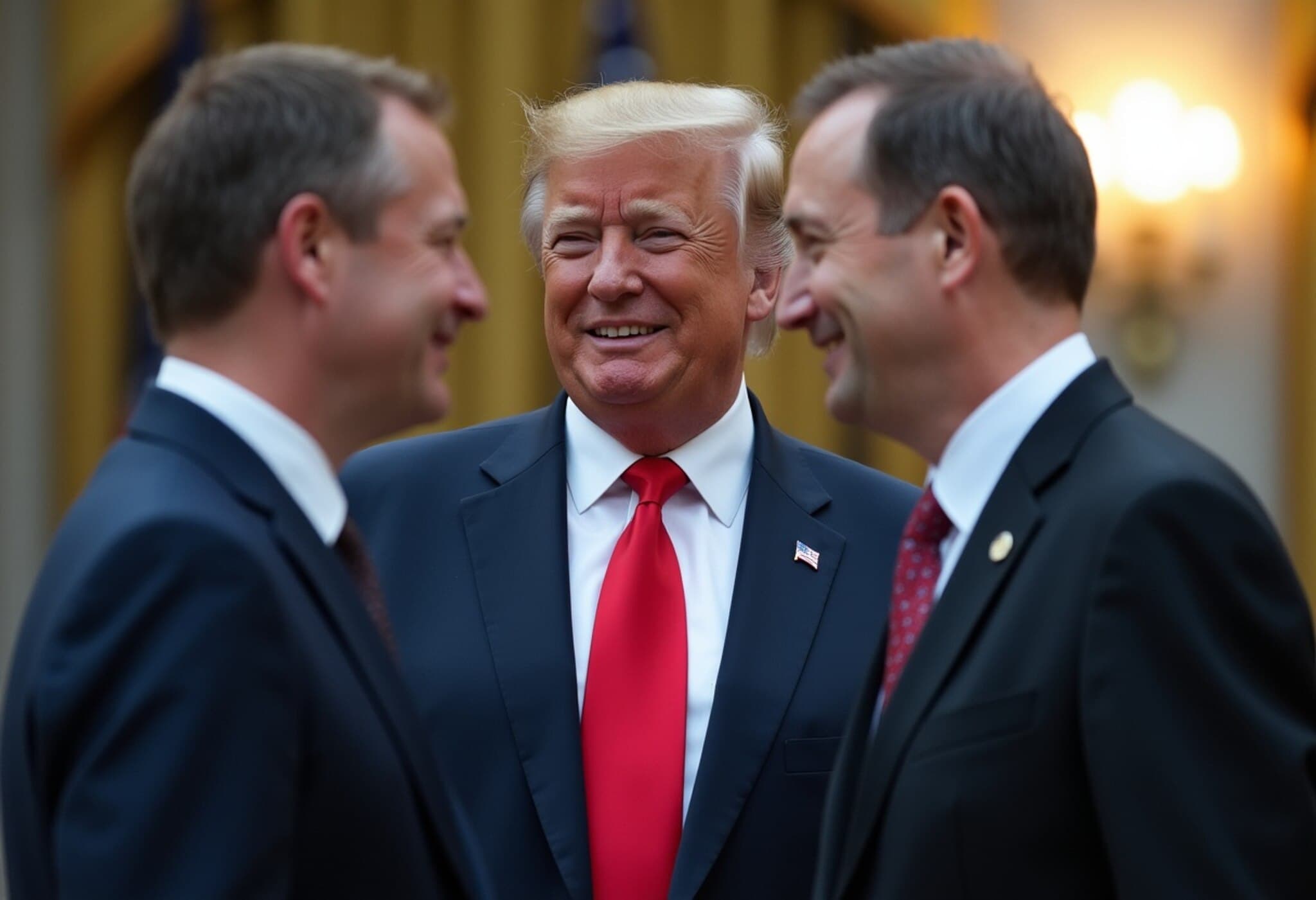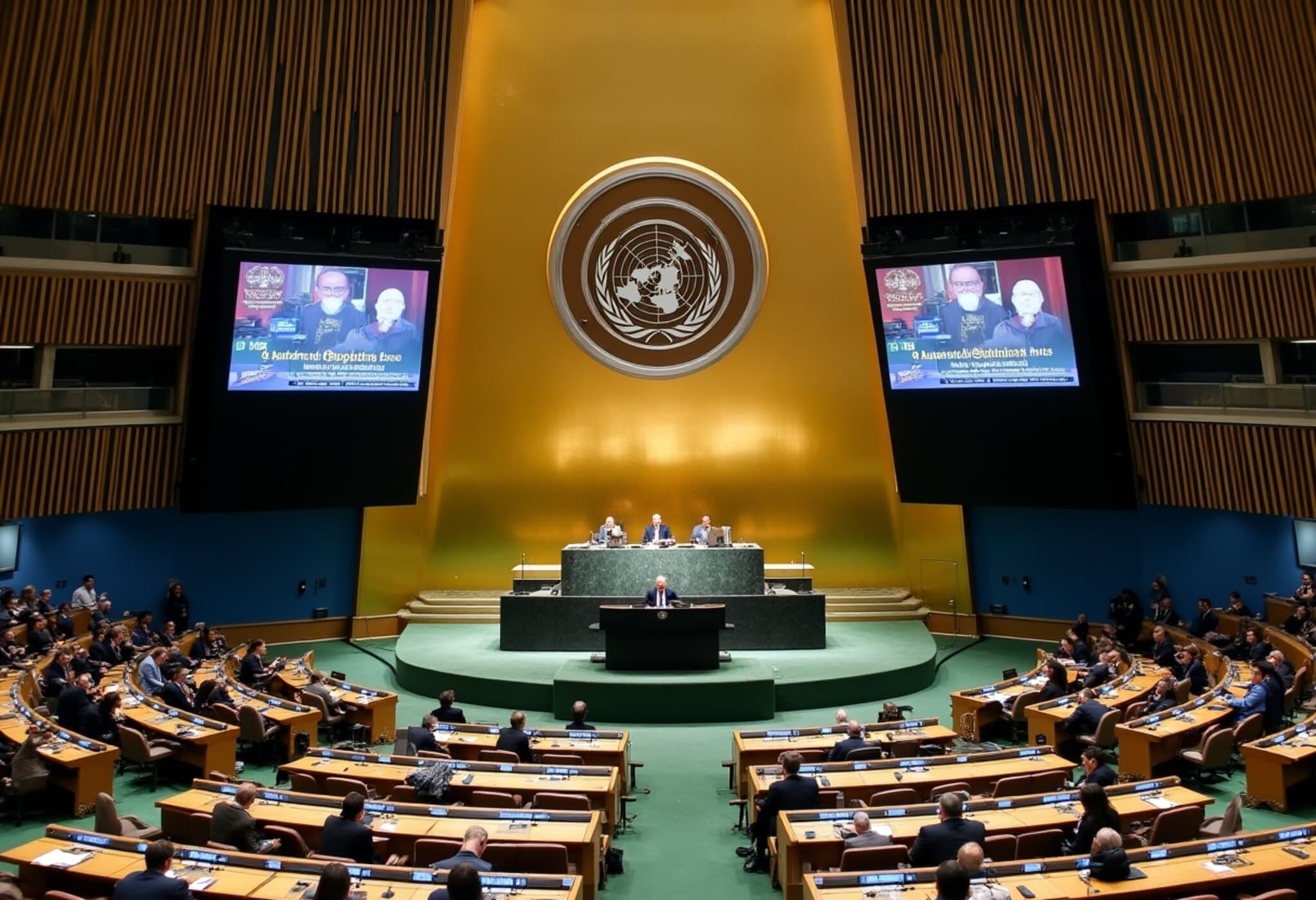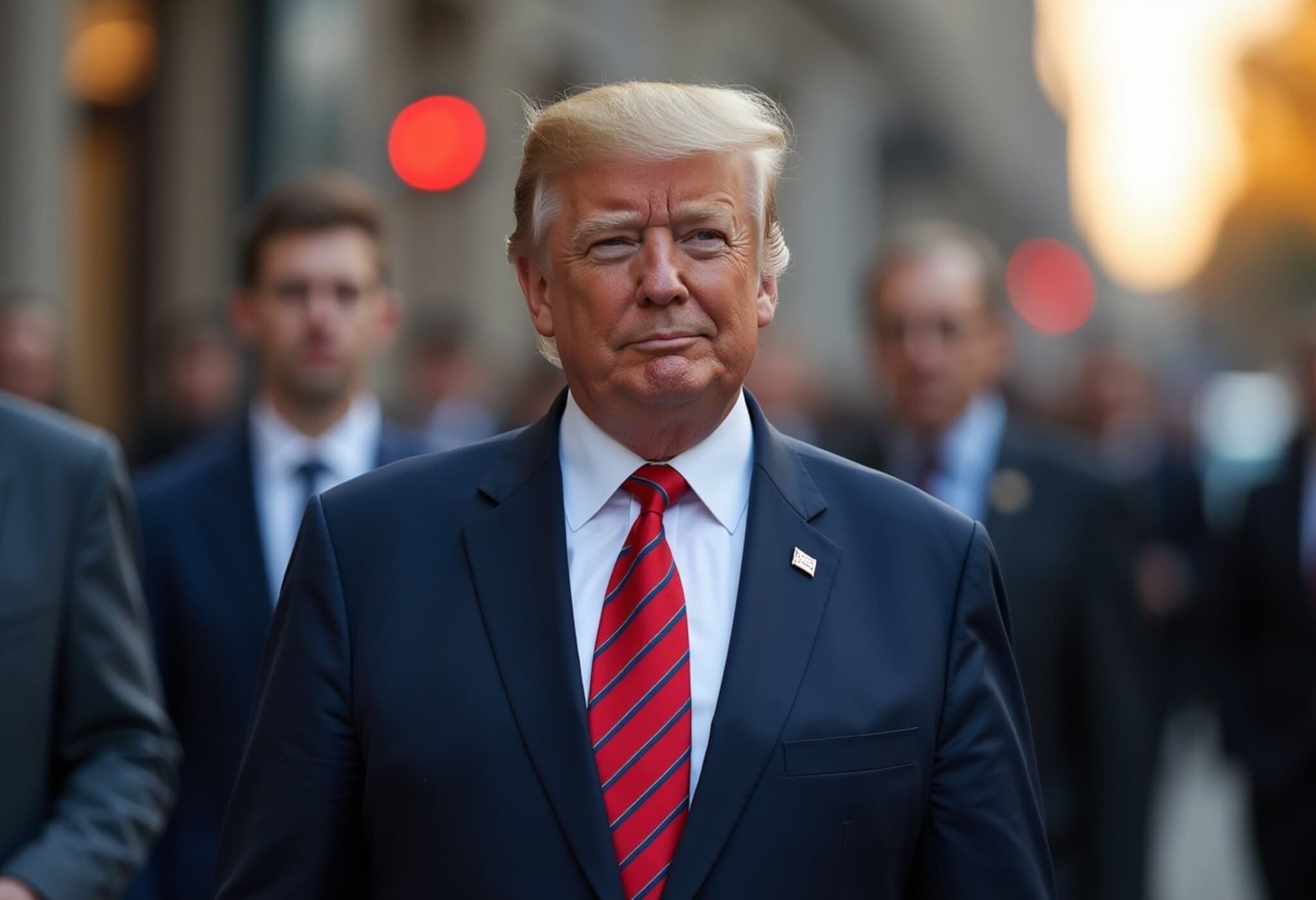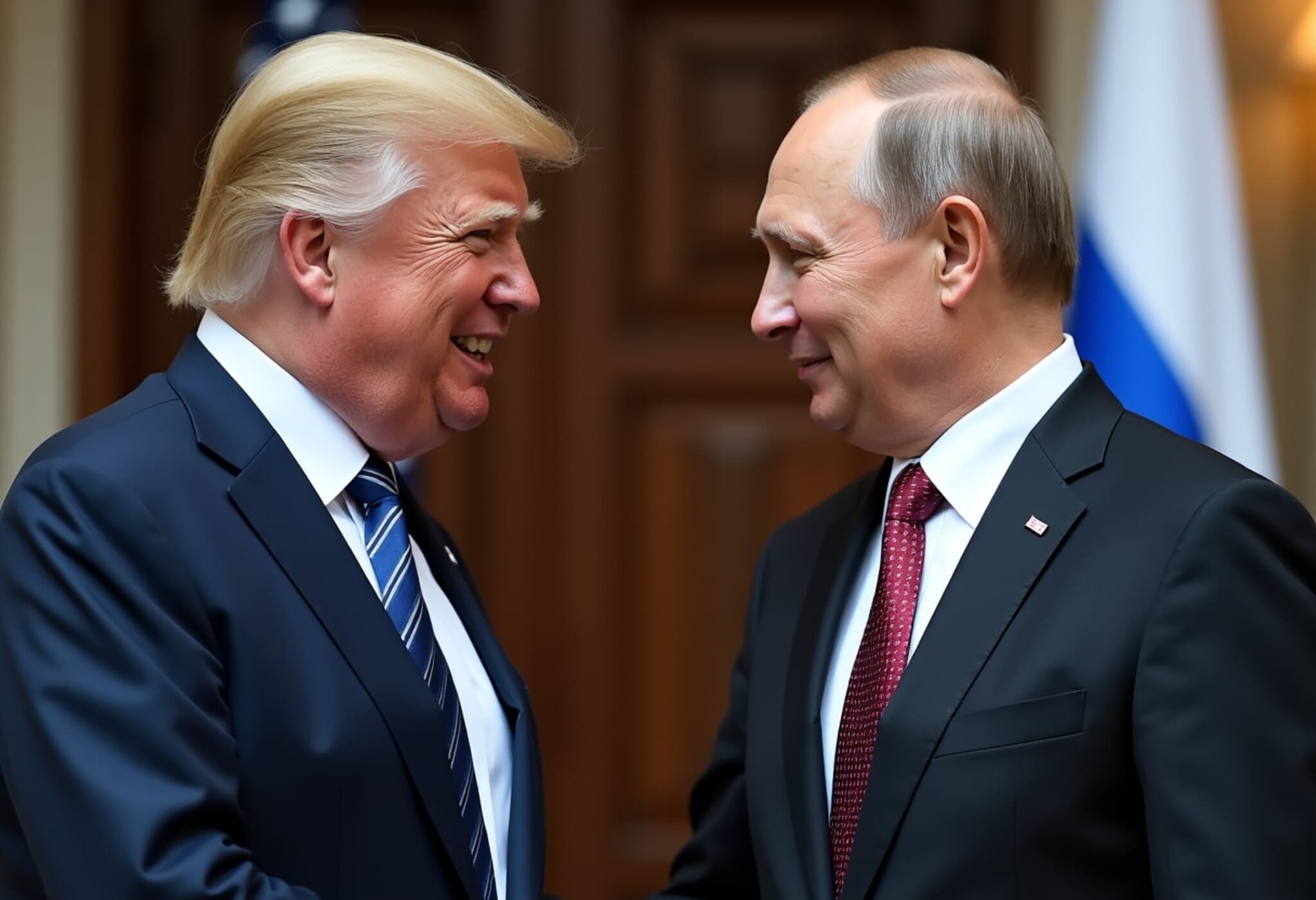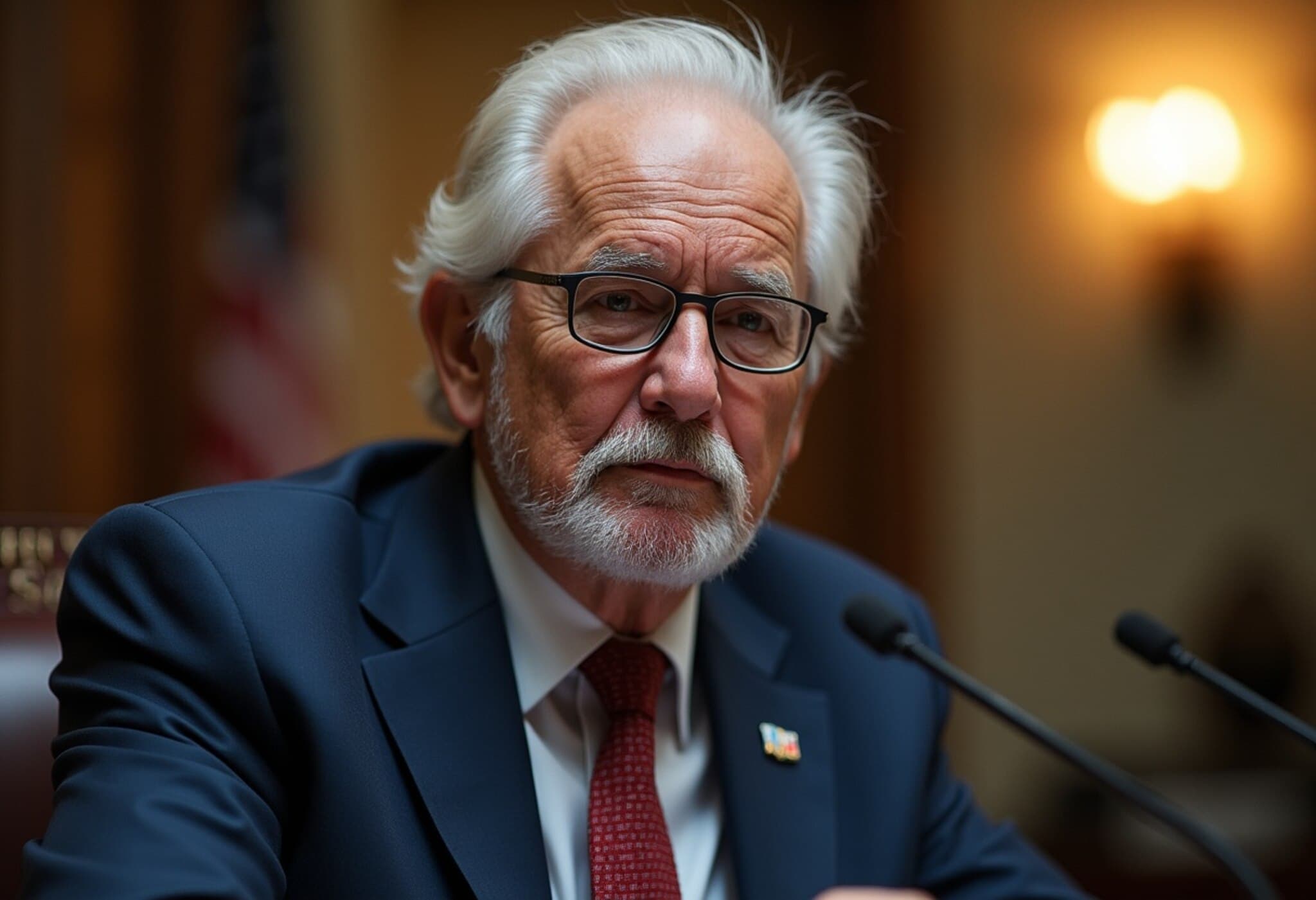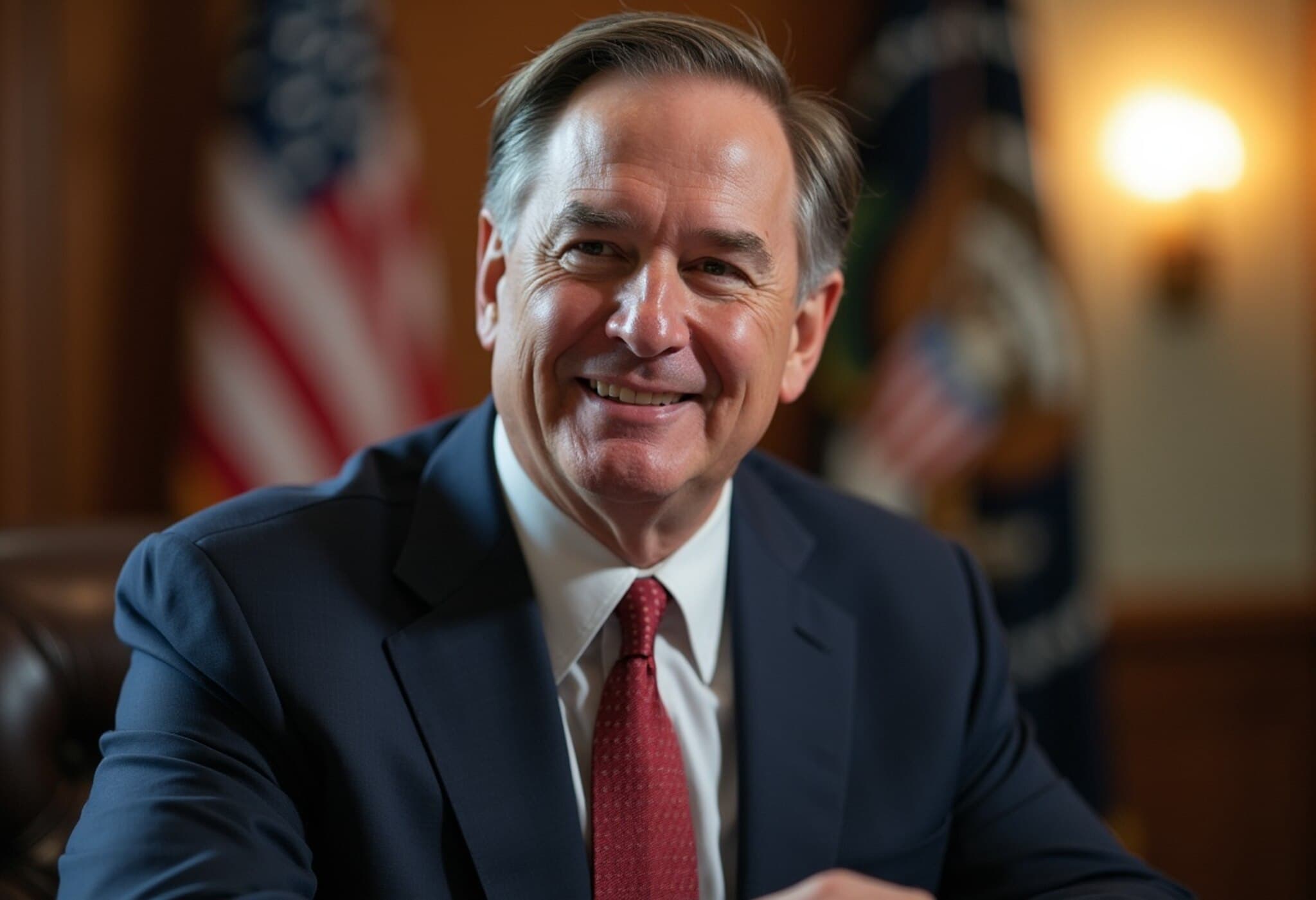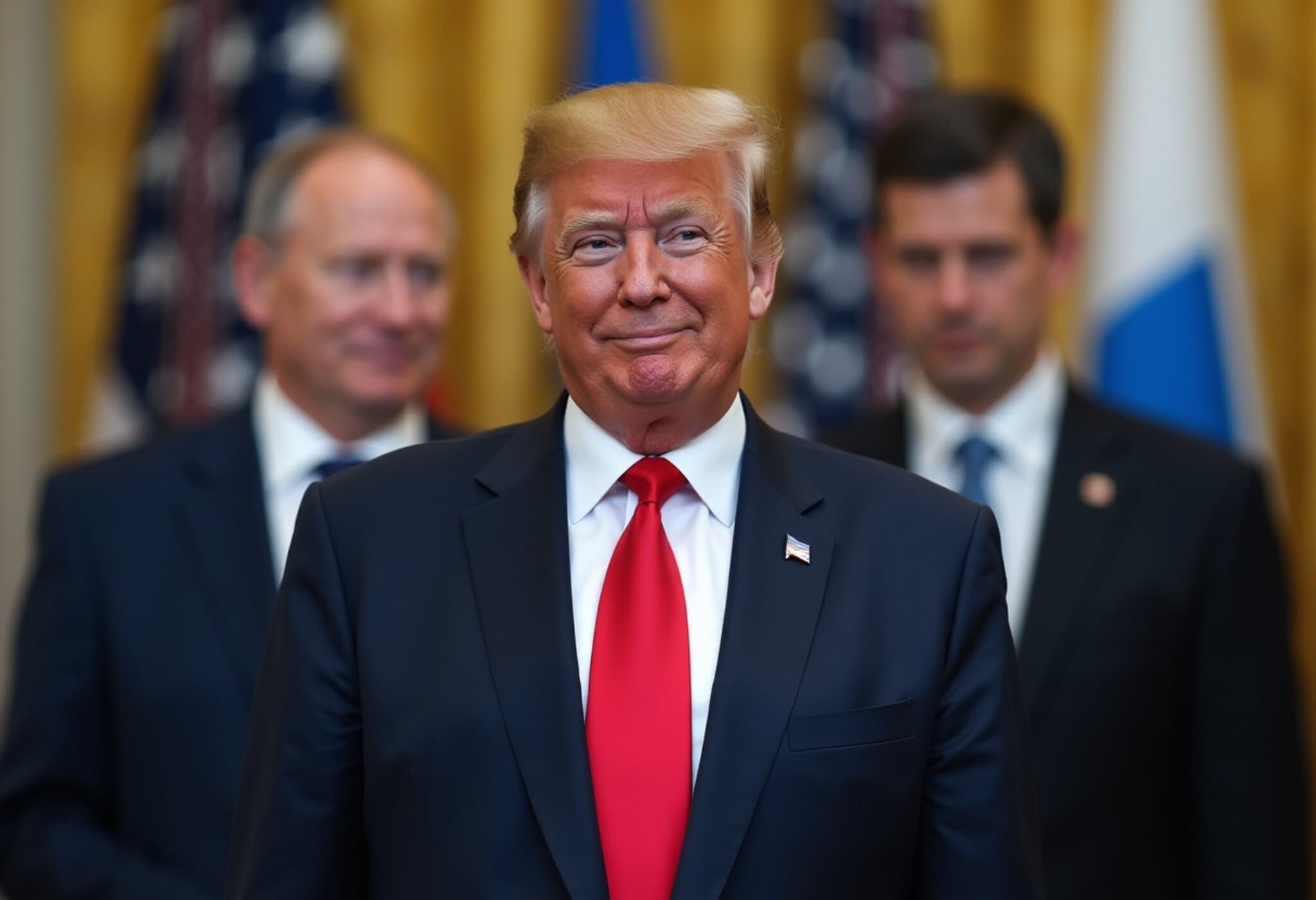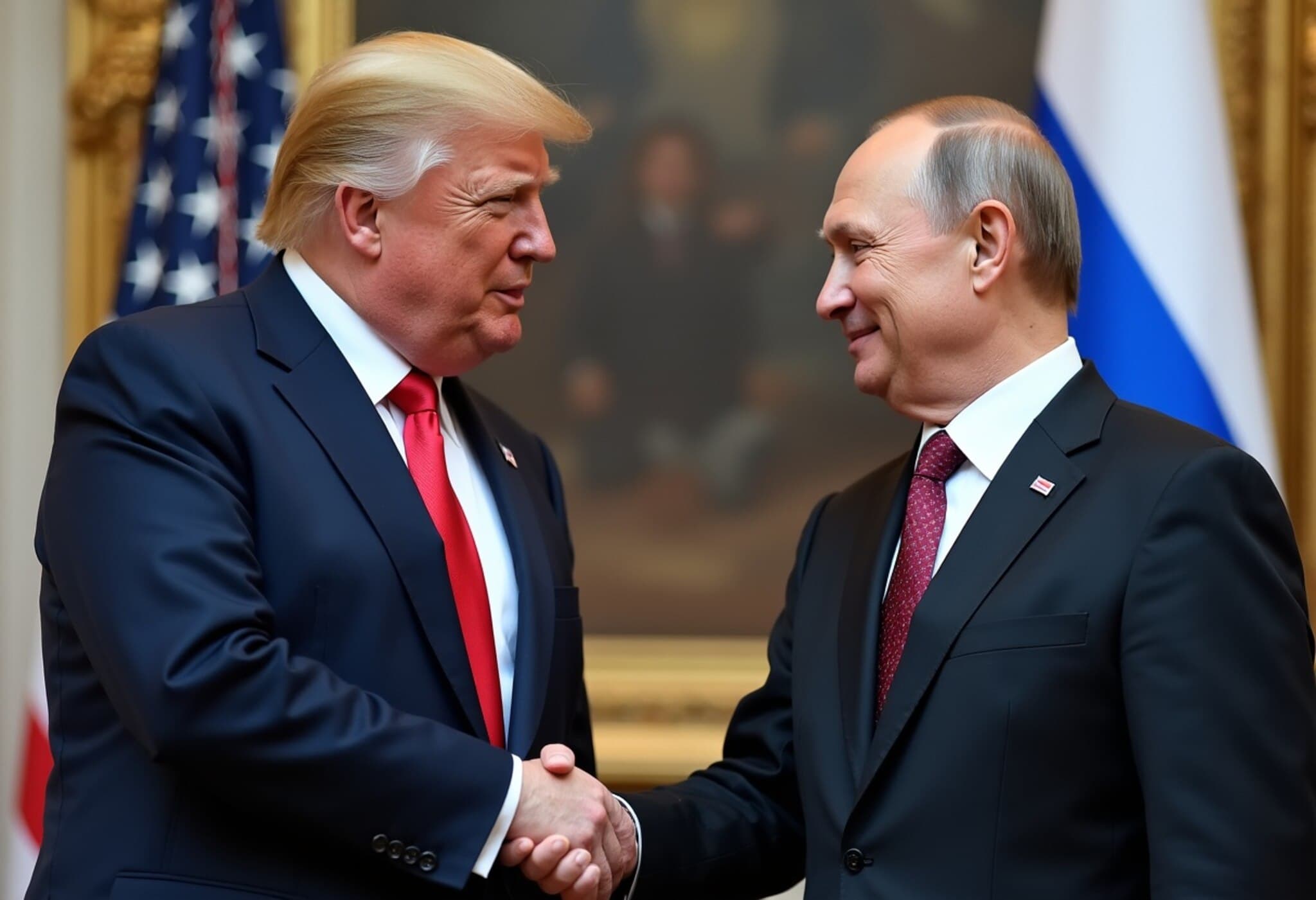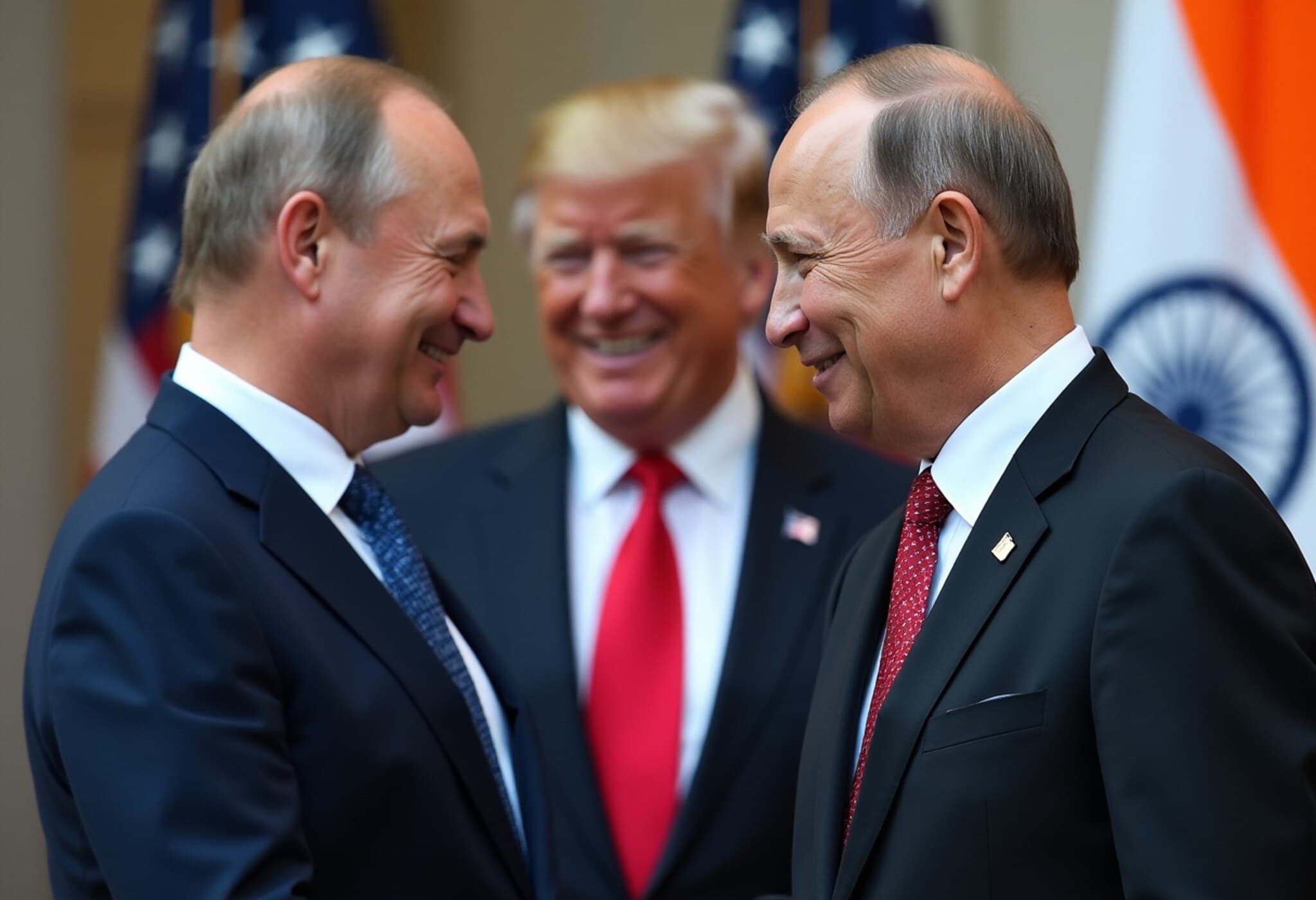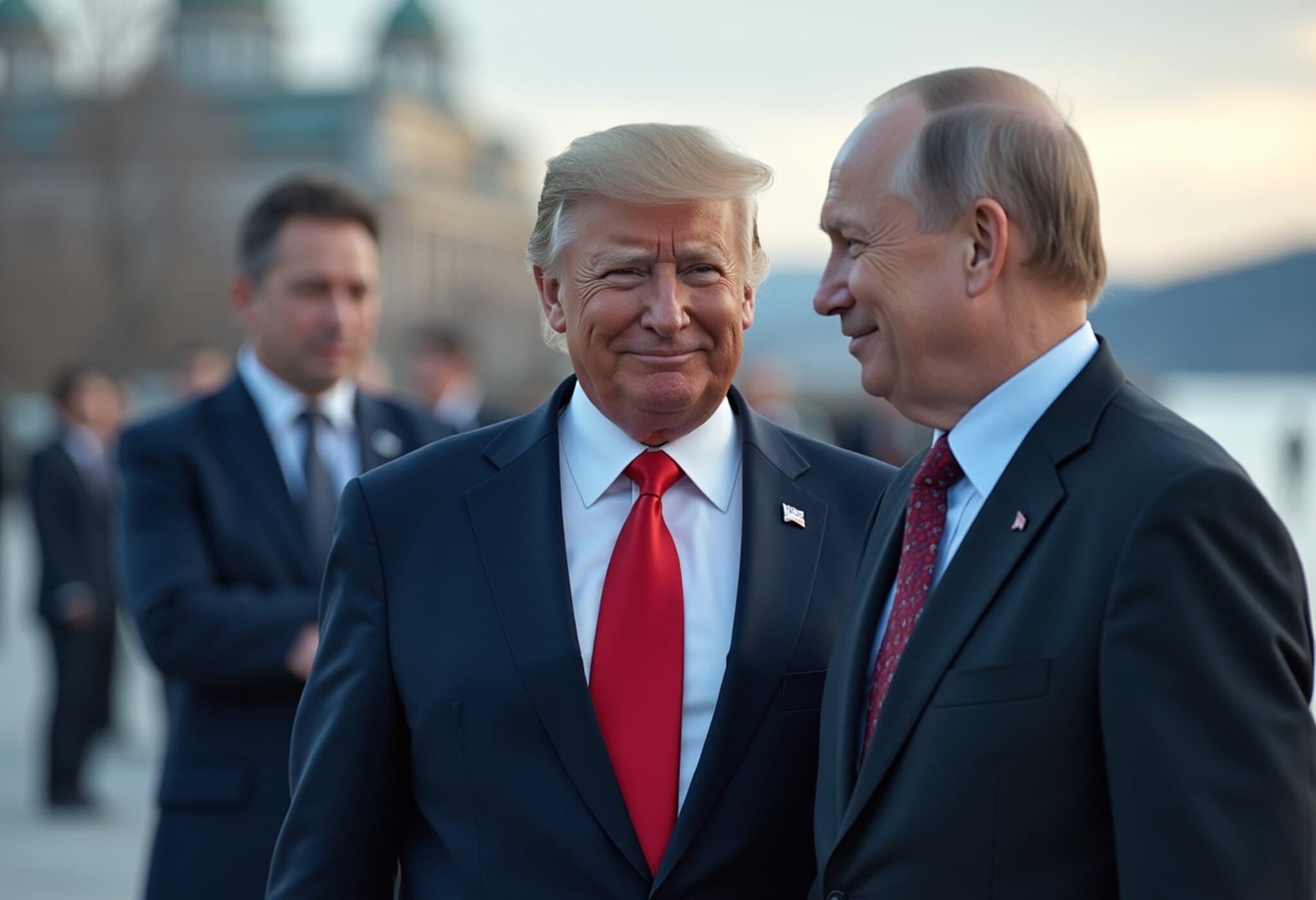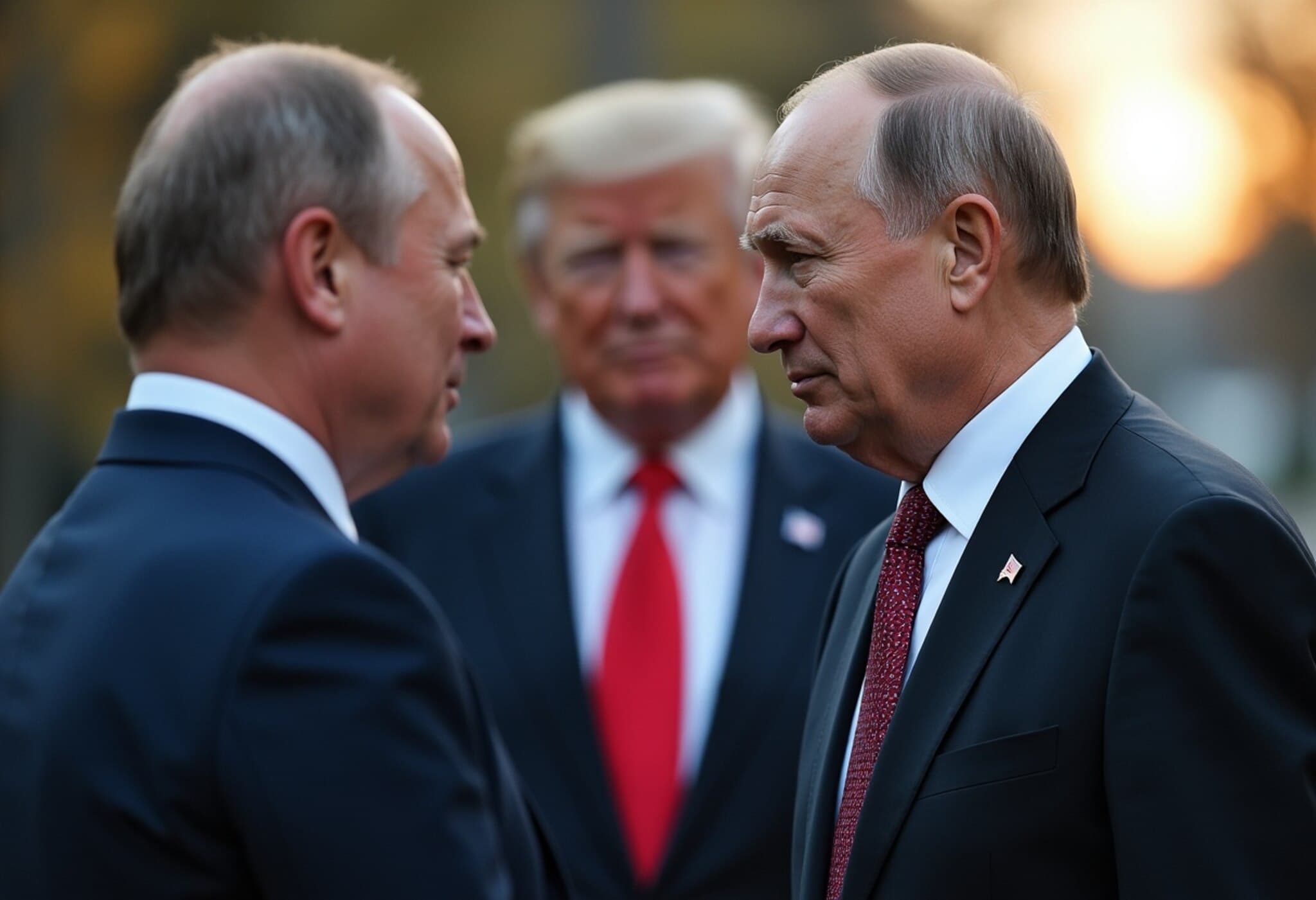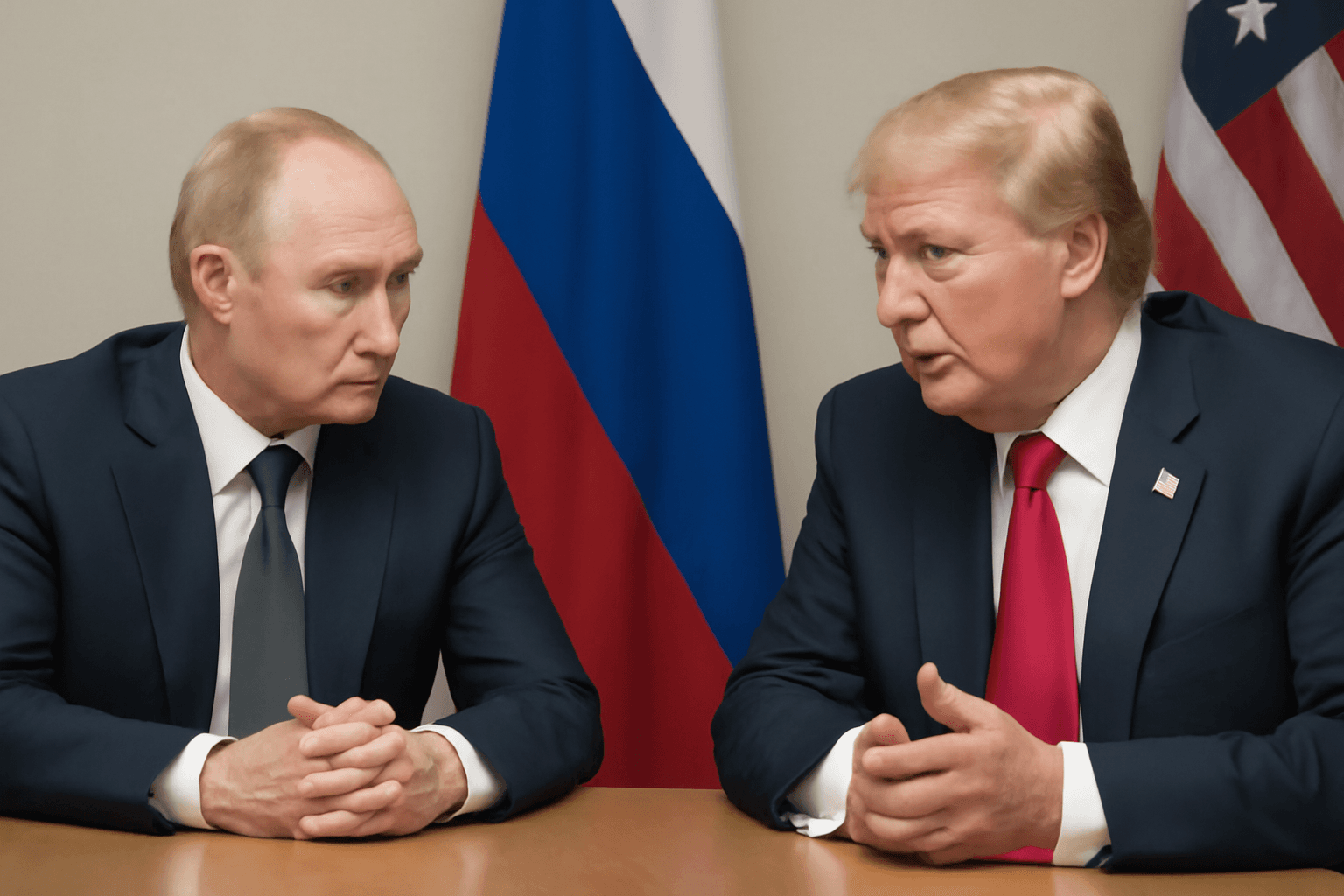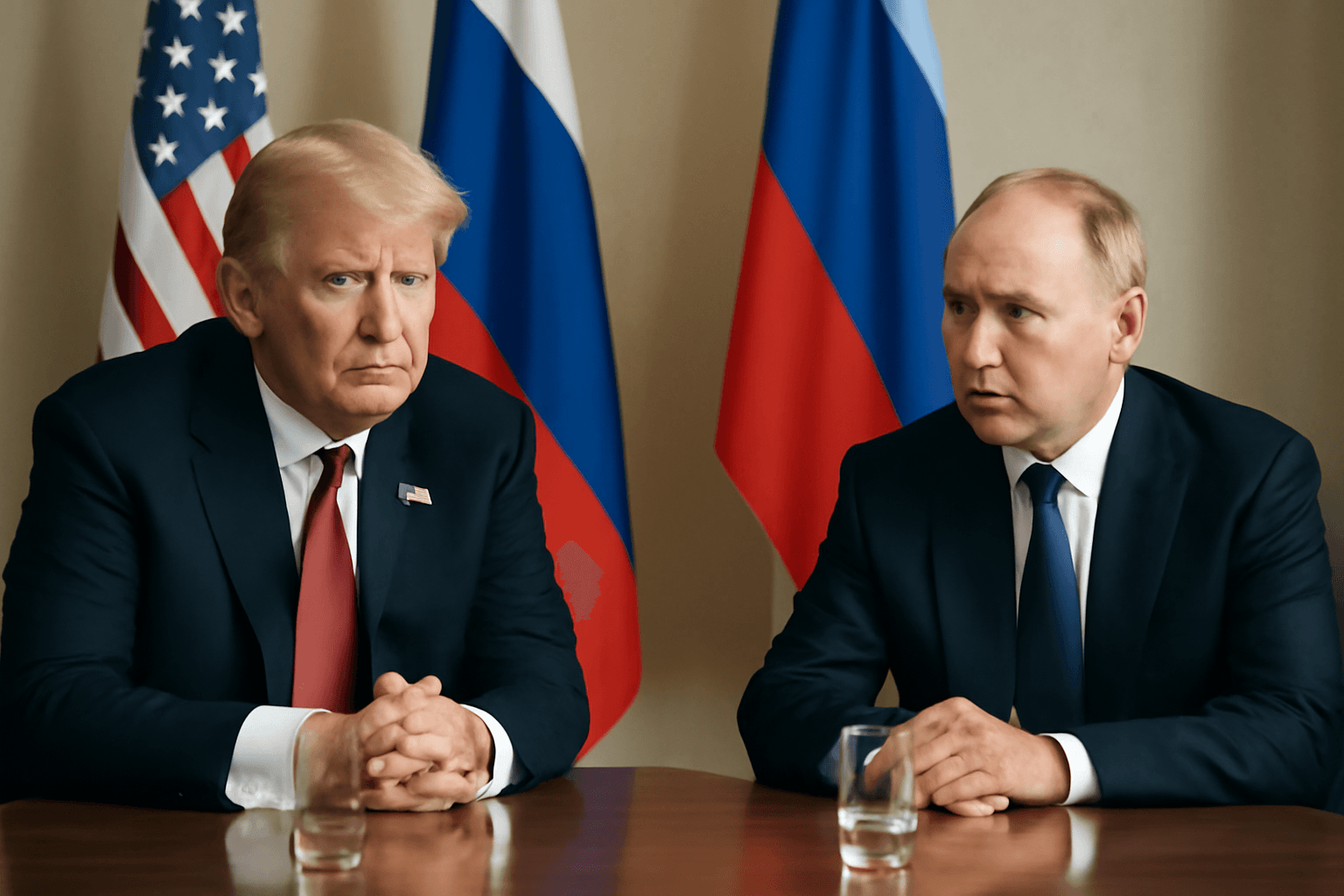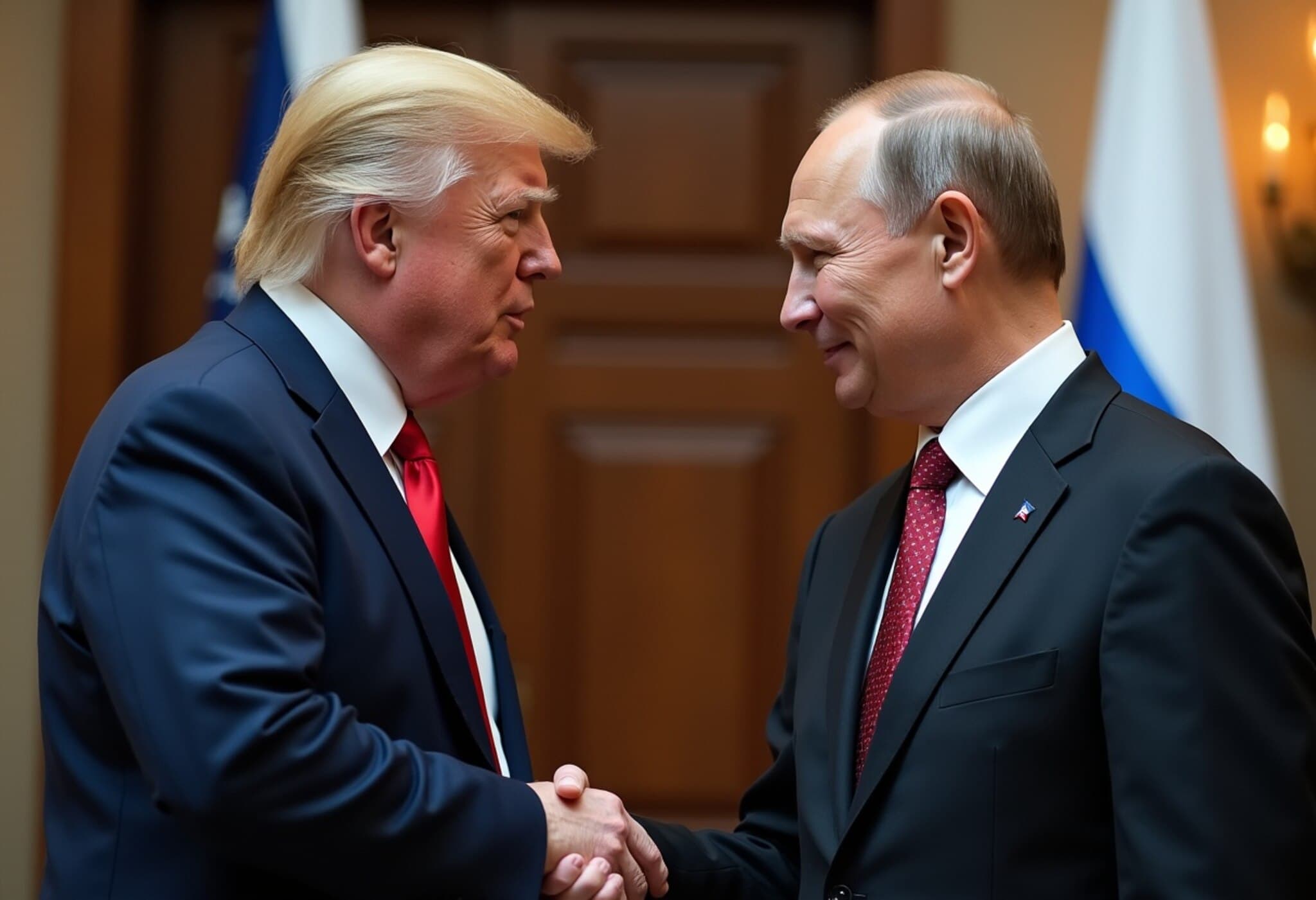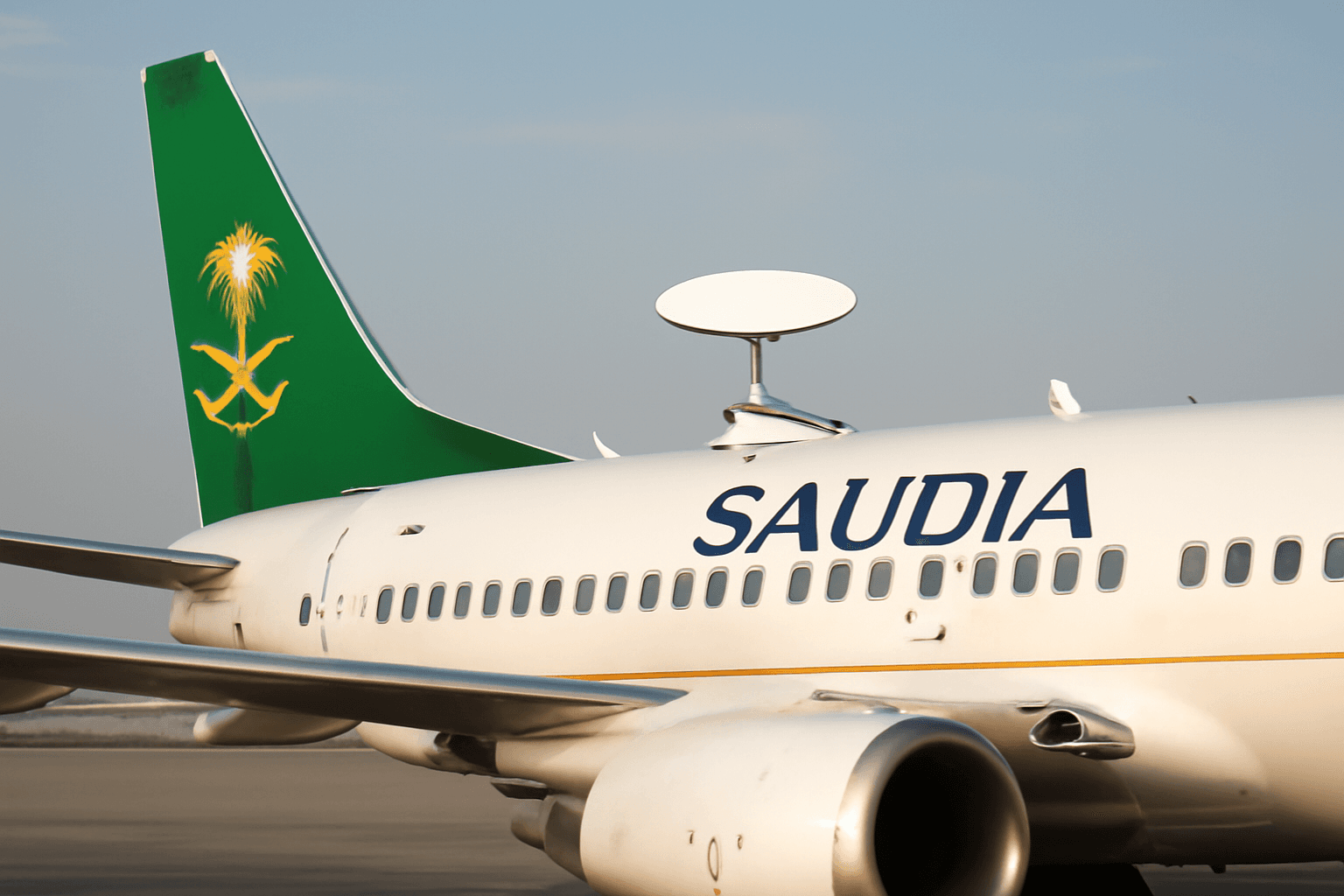Trump Expresses Confidence in Deal with Putin Ahead of Alaska Summit
In a recent interview on Fox News Radio, former US President Donald Trump voiced optimism that Russian President Vladimir Putin is ready to strike a deal during their much-anticipated summit in Alaska scheduled for Friday, August 15, 2025. Trump indicated that mounting pressure, including potential sanctions from Washington, may have persuaded Putin to seek a tangible agreement.
Summit Expectations: Beyond a Listening Session
Despite prior White House statements describing the meeting as primarily a “listening exercise,” Trump projected high hopes for a breakthrough. He acknowledged uncertainty over achieving an immediate ceasefire but emphasized the broader goal of negotiating a lasting peace agreement.
"I believe now he’s convinced that he’s going to make a deal. He’s going to make a deal. I think he’s going to," Trump said, adding that he expects to learn the outcome quickly.
Potential Three-Way Talks with Ukraine
One of Trump’s ambitious moves is to extend the dialogue to include Ukrainian President Volodymyr Zelenskyy in a potential three-way summit. Multiple venues, including Alaska itself, are under consideration for this follow-up meeting.
However, Trump set a clear condition: "If it’s a bad meeting, I’m not calling anybody — I’m going home. ... But if it’s a good meeting, I’m going to call President Zelenskyy and the European leaders." This stance underscores the high stakes and uncertainty dogging these diplomatic efforts.
Economic Incentives and Strategic Ambiguity
When pressed about offering economic incentives or disincentives to Russia, Trump remained purposely vague, hinting such leverage could be crucial to finalizing any agreement but declined to reveal specifics publicly.
Putin Signals Openness to Peace and Nuclear Arms Control Talks
Earlier on the same day, President Putin acknowledged Washington’s "energetic and sincere efforts" to end hostilities in Ukraine. He highlighted the potential for renewed negotiations on nuclear arms control as a vital ingredient to peace between Russia and the US and stability across Europe.
"We hope to create long-term conditions for peace not only between our countries but for Europe as a whole," Putin said, signaling that arms control discussions will be a key agenda item at the upcoming summit — the first of its kind since June 2021.
Contextual Insight: The Stakes Behind the Summit
- US-Russia Relations at a Crossroads: This summit marks a critical moment amid rising geopolitical tension sparked by the ongoing conflict in Ukraine, economic sanctions, and nuclear proliferation concerns.
- Strategic Leverage Through Sanctions: The threat or offer of sanctions has long been a powerful tool in US foreign policy toward Russia, and its influence appears to have played a role in bringing Putin to the negotiating table.
- Underlying Risks and Skepticism: While optimism abounds from Trump's camp, analysts caution that deep-rooted mistrust and conflicting interests between the two powers could undermine any lasting agreement.
Looking Forward: Questions for the Global Community
The summit’s outcome could reshape not only US-Russia relations but also the broader security architecture of Europe and nuclear arms control regimes worldwide. Key questions remain:
- Will the summit yield concrete steps toward a ceasefire or only symbolic goodwill gestures?
- Can a three-way meeting with Ukraine realistically advance peace efforts amid ongoing conflict on the ground?
- How might economic incentives or disincentives be balanced to foster cooperation without undermining US and allied security interests?
- What role will arms control negotiations play in a post-summit framework for US-Russia relations?
Editor's Note
This Alaska summit comes at a pivotal moment in an increasingly fraught international landscape. President Trump's confident rhetoric contrasts with cautious optimism from policymakers and experts wary of precedent-setting dangers in US-Russia diplomacy. While the prospect of peace and arms control talks offers hope, the international community must remain vigilant and demand accountability to ensure any agreements prioritize long-term stability and security.

